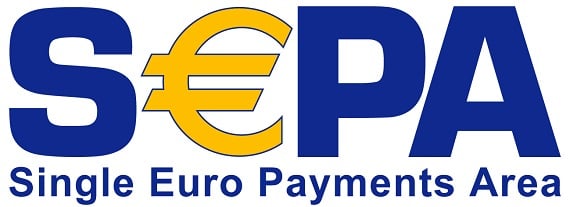BANKING
Bank payments accept only IBAN from August 1
From 1 August, Austrian banks will no longer accept the use of an account number and routing codes for payments within Europe. Instead, use of the IBAN is required as part of the Single European Payments Area (SEPA.)
Published: 28 July 2014 17:18 CEST

Photo: European Payments Council
After nearly half a century, the era of the payment system with routing number and account number ends on August 1, 2014 — six months after the introduction of the Single Euro Payments Area. The change was originally scheduled for February 1, but the EU Commission extended the deadline by six months due to a low rate of conversion of payment systems.
The new common payment system applies to the 28 EU member states, the four members of EFTA (Iceland, Liechtenstein, Norway and Switzerland), Monaco and San Marino).
The IBAN (International Bank Account Number) is required for all euro credit transfers and direct debits denominated in euros inside Austria. For international transfers, the SWIFT BIC (Bank Identifier Code) will also continue to be needed for the time being, until February 2016, when only the IBAN is needed. The SWIFT code will still be required for all transfers outside of the SEPA area.
Every Austrian account holder now has a new 20-digit account number, the IBAN. A correct IBAN in Austria consists of the country code AT, two check digits and sort code and account number written consecutively.
With the introduction of the Single Euro Payments Area electronic transfers in euros within the EU may only take a day and must not cost more than a domestic transaction.
Url copied to clipboard!



 Please whitelist us to continue reading.
Please whitelist us to continue reading.
Member comments